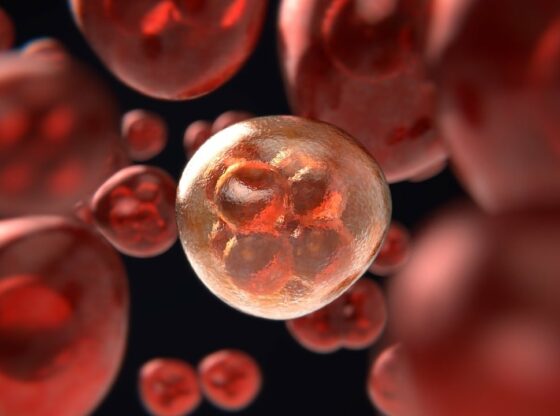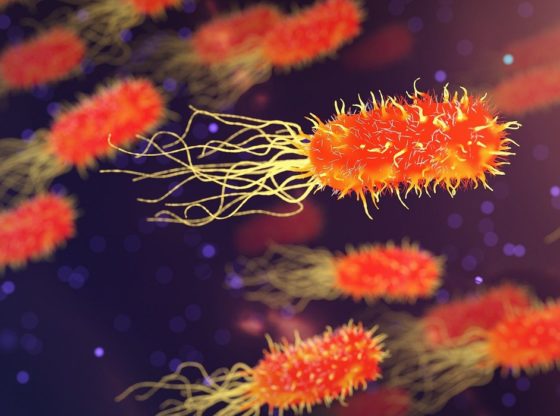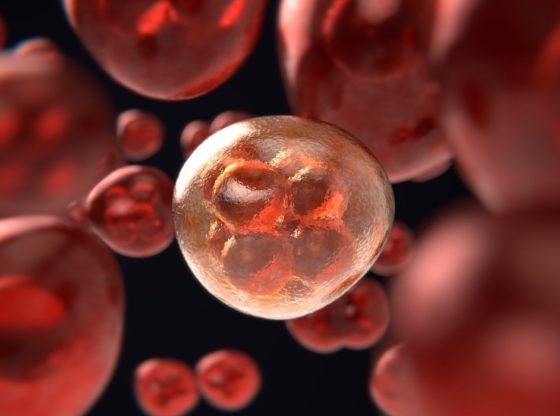
People who suffer from pancreatic cancer often lose weight – and the reason for this has so far been unclear. Now, new research helps explain the phenomenon.
Lossing a lot of weight, both fat tissue, and muscle mass is a common side effect when suffering from cancer. The body mobilizes all available resources. This is especially common in patients with pancreatic cancer – one of the most fatal forms of cancer.
So far, it has been unclear what the exact cause is for this apparent weight loss, but new research shows that the cause has to do with the pancreas role in the metabolism.
Pancreatic cancer causes the pancreas to produce fewer enzymes needed to digest food. When the researchers gave extra enzymes to mice with pancreatic cancer, the mice kept a more stable weight. Perhaps this may be a starting point for future drugs.
The results have to be confirmed in other studies, but the researchers in this study still question some of the treatment available today for patients with pancreatic cancer. That the nutrition status and weight loss is important for patients well-being and ability to cope with the treatment.
The pancreas is a long flattened gland located deep in the belly (abdomen). It is a vital part of the digestive system and a critical controller of blood sugar levels. Because of the deep location of the pancreas, tumors of the pancreas are rarely palpable (able to be felt by pressing on the abdomen). This explains why most symptoms of pancreatic cancer do not appear until the tumor has grown large enough to interfere with the function of the pancreas or other nearby organs such as the stomach, duodenum, liver, or gallbladder.
The reserach paper has been published in Nature.
Referens:
Danai et al, 2018. Altered exocrine function can drive adipose wasting in early pancreatic cancer. Nature.











![OpenAI. (2025). ChatGPT [Large language model]. https://chatgpt.com](https://www.illustratedcuriosity.com/files/media/55136/b1b0b614-5b72-486c-901d-ff244549d67a-350x260.webp)
![OpenAI. (2025). ChatGPT [Large language model]. https://chatgpt.com](https://www.illustratedcuriosity.com/files/media/55124/79bc18fa-f616-4951-856f-cc724ad5d497-350x260.webp)
![OpenAI. (2025). ChatGPT [Large language model]. https://chatgpt.com](https://www.illustratedcuriosity.com/files/media/55099/2638a982-b4de-4913-8a1c-1479df352bf3-350x260.webp)








